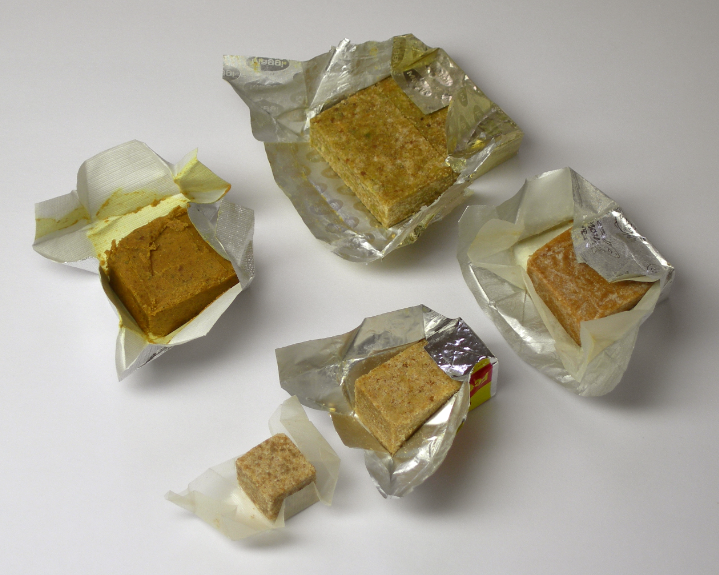Corporate Accountability and Public Participation Africa (CAPPA) and other public health advocates Thursday urged the federal government to halt plans to use bouillon cubes as a food vehicle for delivering iron and zinc to households to combat micronutrient deficiencies.
They warned that bouillon cubes are excessively high in sodium and that using them for food fortification puts Nigerians at risk of a higher sodium intake, which would heighten their risk of hypertension, heart, kidney failure and other non-communicable diseases.
Other members of the group were the Network for Health Equity and Development (NHED) and Salt Reduction Coalition.
They further advised the government to resist the bouillon industry’s pressure and false marketing, because among others, using bouillon as a food vehicle also fails to meet the World Health Organisation (WHO)’s criteria for food fortification.
Bouillon cubes, informally referred to as “maggi” by many Nigerians, are small hard cubes for flavouring food and are already high in sodium.
The group, which made the demand at a press conference in Abuja titled “Bouillion Fortification: Public Health Versus Profit”, noted that the bouillon fortification idea was one of the proposals from the launch of the National Food Consumption and Micronutrient Survey (NFCMS) report.
They urged the Federal Ministry of Health and Social Welfare to promptly review the report, arguing that it contradicts existing national policies that advocate for reduced salt intake to prevent NCDs like hypertension and cardiovascular diseases, given that bouillon cubes are already high in sodium.
Referencing proposals from the NFCMS report launch, CAPPA’s Executive Director Akinbode Oluwafemi noted that the industry’s justification for the policy proposal was based on survey findings that Bouillon is consumed by 96% of the populace.
Oluwafemi said: “However, this defies one of WHO’s criteria for food vehicle selection which states that a suitable food vehicle must not threaten public health.
“Resulting from the fortification of salt with iodine, Nigeria presently records an average daily salt consumption reaching up to 10 grams per day, dangerously exceeding the WHO recommended limit of 2 grams of sodium per day or less than 5 grams of salt per day, which is equivalent to just one teaspoon of salt daily. Fortifying another high-sodium food such as bouillon puts Nigerians at risk of a higher sodium intake.”
READ ALSO: Over consumption of salt: Time to act is now
According to him, certain industry players and their co-travellers “are disseminating unverified scientific information, false research claims and spreading deceptive marketing information through social media influencers to promote Mono Sodium Glutamate (MSG) and bouillon as nutritious, safe and healthy for human consumption without also informing consumers that these products contain harmful quantities of sodium which could lead to hypertension, heart, and kidney failure.”

The public health advocates demanded the “immediate discontinuation of ongoing plans to use Bouillon as a food vehicle for fortification as it does not meet all of WHO’s criteria.
“Collaboration between all critical agencies on ensuring that food fortification does not exacerbate Nigeria’s NCD problems through unintended consequences.
“Implementation of Front-of-Pack labels and enforcement of global best practices in the implementation of nutrient profile models for packaged foods in Nigeria.”
They also urged the government to “regulate the marketing and promotion of high-sodium foods especially to vulnerable groups such as school children and implement effective country-wide salt/sodium reduction interventions to stem the ugly tide of the rising burden of slump attacks and hypertension in the country.
Corroborating Oluwafemi, NHED Technical Advisor Dr. Jerome Mafeni noted that “while fortification aims to address micronutrient deficiencies, the excessive sodium content in these products poses significant health risks.
“High sodium intake is a well-established risk factor for hypertension, cardiovascular diseases, and other NCDs, which are becoming increasingly prevalent in Nigeria. We must not compromise public health in the name of fortification.
He bemoaned the deceptive marketing practices “that have misled many Nigerians into believing that MSG is a healthier alternative. This misinformation, often propagated by influencers and advertising campaigns lacking scientific backing, has contributed to the rising incidence of hypertension and cardiovascular diseases in our country.”
Mafeni urged the Federal Ministry of Health and Social Welfare, the National Agency for Food and Drugs Administration and Control (NAFDAC), and other relevant agencies to accelerate preliminary activities for salt and sodium regulation in Nigeria.
He added: “The time for action is now. We must prioritize public health over profit and ensure that the food products available in our markets do not pose unnecessary risks to the health of our citizens.
“In conclusion, we call on all stakeholders, including the government, civil society organizations, and the private sector, to join us in this campaign. Together, we can drive the change needed to protect the health of Nigerians and create a healthier future for our nation.”







